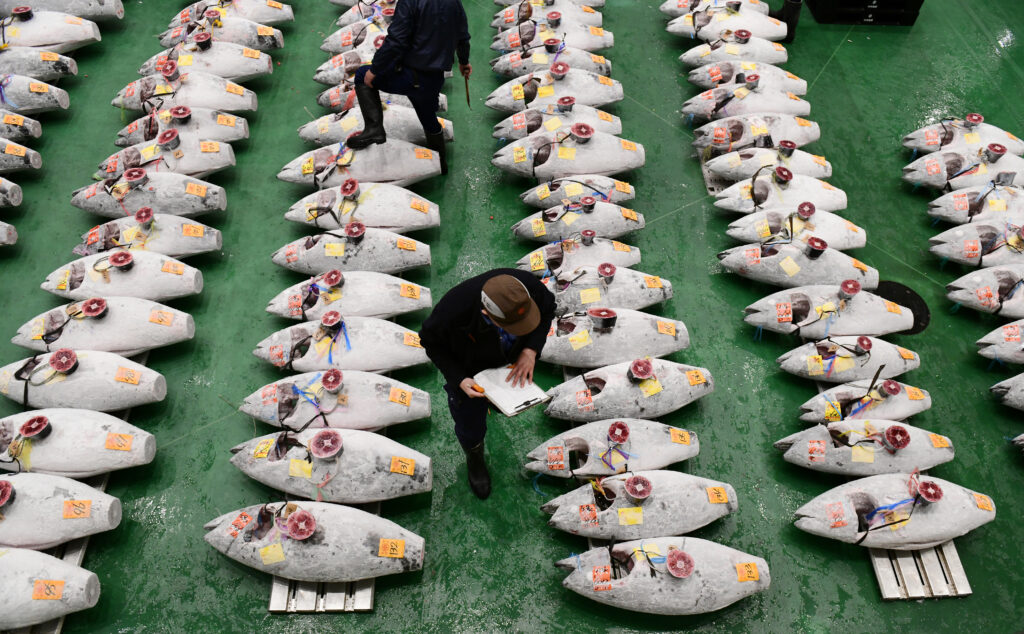
- ARAB NEWS
- 29 Apr 2024

London: The European Union on Thursday removed its restrictions on imports of Japanese food that had been in place since a nuclear accident in Fukushima Prefecture in 2011.
Norway and Iceland, members of the European Free Trade Association, also abolished their own import restrictions on Japanese food on Thursday, the Japanese agriculture ministry said.
The EU’s removal will send a symbolic message to countries that have still been restricting imports of Japanese food since the March 2011 triple meltdown at the Fukushima No. 1 nuclear power plant, Japanese officials said.
Starting with shipments arriving in the EU, Norway and Iceland on Thursday, it will no longer be necessary to attach certificates of radiation checks and those of origin to wild mushrooms and some marine products from Japan.
Following the nuclear accident at the Tokyo Electric Power Company Holdings Inc. plant, 55 countries and regions introduced import restrictions on Japanese food. The number dropped to nine as of Thursday, including China and South Korea.
Of the nine, Switzerland plans to lift its restrictions on Aug. 15, and Liechtenstein is expected to follow suit.
Japan faces challenges getting China and South Korea to remove their import restrictions as they oppose Tokyo’s plan to release treated water from the Fukushima nuclear plant into the ocean.
China and Hong Kong have toughened their restrictions, though the International Atomic Energy Agency released a report last month concluding that the water release plan is consistent with international safety standards.
South Korea has shown signs of easing its rhetoric. Seoul last month said that its own analysis has found that the concentration of radioactive materials in the treated water meets international standards.
JIJI Press